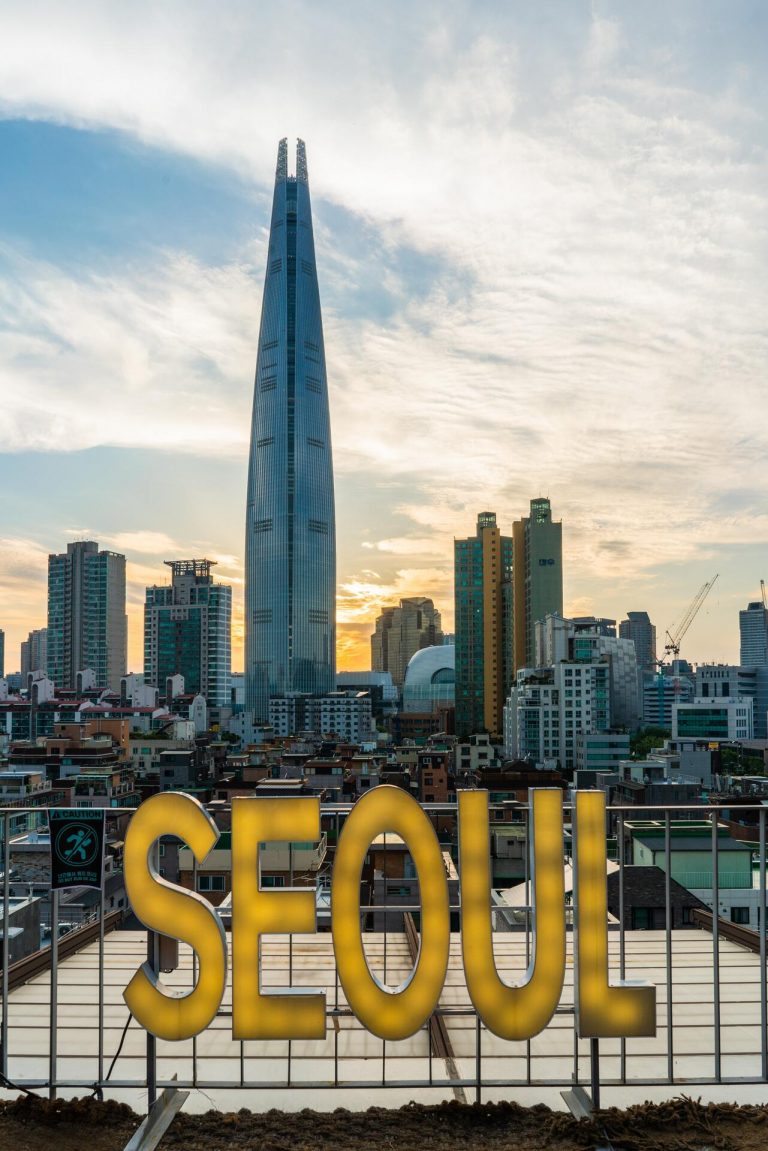The Seoul Declaration on Decent Work City

The economic crisis experienced by the international community in the 21st century provides us an opportunity to reflect on the market fundamentalism, which is driven by unlimited competition. Without an active market complementary policy in place, the labor market will become increasingly polarized and the number of the working poor will dramatically rise. Also, such absence would decrease the number of quality jobs, curtail rights to work, weaken social protection and challenge social dialogue.
Despite the close connection between labor and economic policies, today, labor policies are no longer regarded as a mere subordinate to economic policies. There are growing calls from the international community for a paradigm shift from “more work” to “better work” in order to achieve sustainable development.
Approaching its centennial year in 2019, the International Labour Organization (ILO) has been preparing and promoting policies for Decent Work for the past two decades in consideration of the “future of work.” The organization proposed quality and quantity boost of employment, guarantee of rights to work, social protection, and social dialogue as the strategic pillars of the Decent Work Agenda, and has been thus far cooperating with its tripartite constituents around the world to realize the agenda.
Now is the time for all labor policy related actors to exert great efforts to reap real results from these policies. Moreover, innovation and expansion of policy actors are required for policy transformation. In this regard, now city level tripartite constituents and civil society are on the rise as important policy actors in addition to traditional actors of labor policies such as the central government and businesses.
The policies and subsequent accomplishments made by the ILO thus far not only give inspiration but also provide policy instruments to cities striving to create decent jobs. The cases of cities covered in this Forum all illustrate this point. As the role of cities acting as a space to implement the ILO’s Decent Work strategies become increasingly more significant, the need for city governments to actively devise and implement labor policies to achieve Decent Work is growing as well.
In this Forum, we shared decent work creation experiences of cities at home and abroad, and discussed related vision and strategies. In-depth discussions took place on why job creation strategies at the city level are required, what its goals and directions are, and what specific policies there can be. Moving beyond as a space where labor policies are passively executed, the importance of cities as main agents to carry out labor policies were also witnessed during the Forum.
Leading efforts of the Seoul Metropolitan Government (SMG) to realize Decent Work under the banner of “Seoul, A Metropolitan City with Respect for Labor” is highly praised. And by taking into account the results of the “International Forum on Transforming Cities for Decent Work,” we aim to carve out a future path for the tripartite constituents and civil society of cities worldwide.
They are as follows:
1. We agree with the ILO’s strategy for creating Decent Work, and strive to practice them at the city level. Cities’ tripartite constituents will join forces with international organizations and the central government to devise a Decent Work strategy at the city level, and to that end strengthen the international cooperation among cities.
2. We strive to create quality jobs at the city level. Ways to stabilize employment, including creation of decent jobs and the regularization of irregular workers, will be promoted. Also, easy access to jobs will be actively pursued, and efforts to provide sufficient education and training opportunities for workers today and tomorrow will be carried out.
3. We recognize the importance of ILO’s Fundamental Conventions, which include the basis of Decent Work, namely the freedom of association and the right to collective bargaining, and we endeavor to provide appropriate social protection at the city level. We also aim to ensure opportunities that guarantee adequate wages such as the living wage for low-income workers, and strive to build effective social safety nets for workers both within and outside the labor market.
4. Based on the cooperation of the central government, Decent Work policies at the city level should be collectively made by all actors such as the city government, trade unions, employers’ organizations, and civil society. In this regard, we shall strengthen social dialogue and cooperation with all stakeholders at the city level.
5. We pursue a “Decent Work City Network” to share and spread “Decent Work City” strategies. We will establish a collaborative body of Decent Work Cities to share policies of one another, and spread results thereof.
6. We shall actively address challenges arising from a full scale reformation of the future of work propelled by economic digitization. We shall also proactively respond to various changes in employment arrangements that will spread in the future, while at the same time strive to build a “City with Respect for Labor.”
7. As the collaborator of the Forum, the ILO deeply agrees with the discussions that took place and the conclusion reached at the Forum, and strives to research, develop and spread Decent Work policies at the city level. ILO respects the efforts carried out by Seoul and other cities around the world to achieve Decent Work, and shall pursue to come up with constructive means of cooperation.
8. As the host of the Forum and the proposer of the “Decent Work City Network,” SMG will exert great efforts to share and spread the topics discussed at the Forum and the content of the Seoul Declaration with the tripartite constituents and civil society of cities around the world.
International Forum on Transforming Cities for Decent Work
Adopted in Seoul on September 6th, 2017